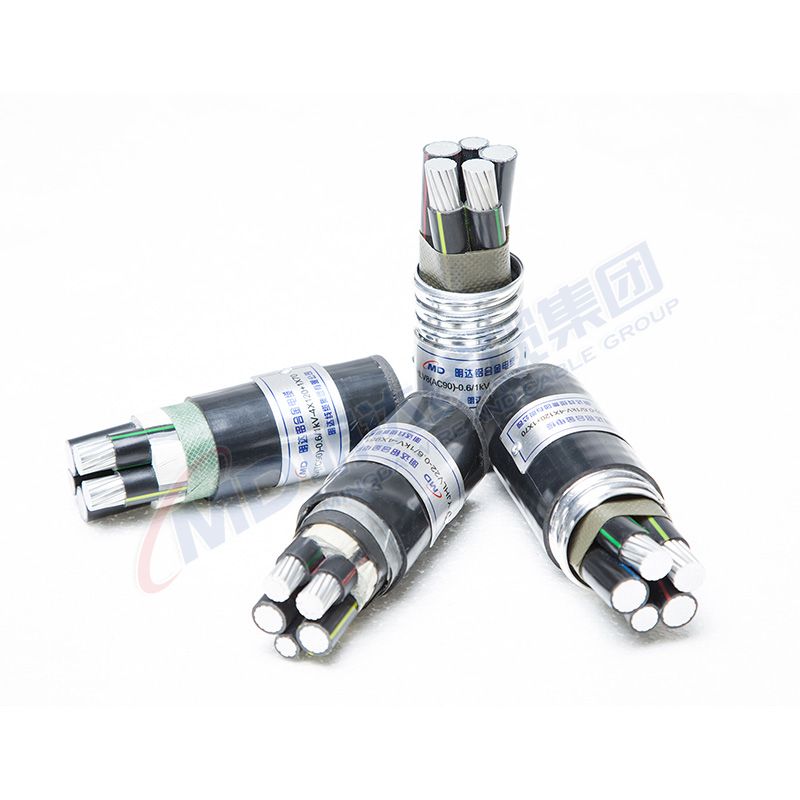Dec . 03, 2024 15:34 Back to list
socket and resilient seat gate valve
Understanding Socket and Resilient Seat Gate Valves A Comprehensive Overview
Gate valves play a crucial role in various industrial applications, serving as vital components in controlling the flow of fluids in pipelines. Among the different types of gate valves available, the socket and resilient seat gate valves stand out due to their unique design and operational advantages. This article explores the features, benefits, and applications of these valves, providing a thorough understanding of their significance in fluid control systems.
What is a Gate Valve?
A gate valve is a type of valve that opens or closes by raising or lowering a hinged gate. This design allows for minimal turbulence and a straight flow path, making gate valves highly efficient for on/off control. Unlike other valve types, gate valves are not recommended for throttling purposes, as partially opened gates can lead to erosion and damage.
Socket Gate Valves
Socket gate valves are designed to connect to pipes using a socket welding method. This type of connection involves inserting the pipe into the valve's socket and then welding around the joint to create a strong and secure bond. Socket gate valves are prevalent in applications where space is limited and where a welded connection provides enhanced strength and leak prevention.
One of the primary advantages of socket gate valves is their ability to withstand high pressures and temperatures. Their compact design also allows for flexibility in installation, making them ideal for various industrial environments. Additionally, socket gate valves are relatively easy to maintain, as they do not require extensive disassembly for servicing.
Resilient Seat Gate Valves
Resilient seat gate valves are equipped with a soft, elastic material—often made from rubber or a similar compound—that creates a tight seal when the valve is closed. This resilient seating material helps to prevent leaks and ensures that the valve can accommodate minor imperfections in the pipe or valve body. The elasticity of the seating material allows the valve to achieve a better seal at lower closing forces compared to traditional metal-to-metal seating mechanisms.
The primary benefit of resilient seat gate valves is their superior sealing capability. They are especially effective in applications involving water and wastewater treatment, where preventing leaks is paramount. The resilient seat also contributes to lower maintenance costs, as these valves experience less wear and tear over time.
Advantages of Socket and Resilient Seat Gate Valves
socket and resilient seat gate valve

1. Leak Prevention The combination of socket welding and resilient seating ensures a reliable seal, significantly reducing the risk of leaks in fluid systems.
2. Ease of Installation Socket gate valves simplify the installation process, particularly in tight spaces, due to their compact design and welding connection.
3. Durability Both socket and resilient seat gate valves are built to withstand harsh conditions, including high pressures, aggressive chemicals, and extreme temperatures, making them suitable for a wide range of applications.
4. Maintenance-Friendly These valves require less frequent maintenance compared to traditional gate valves, ultimately leading to lower operational costs.
5. Versatility These valves can be used in various applications, including water distribution, sewage systems, chemical processing, and fire protection systems.
Applications
Socket and resilient seat gate valves find applications in numerous industries
- Water Treatment Used extensively in municipal water supply systems, these valves help regulate flow and prevent contamination. - Wastewater Management They are critical in sewage treatment plants, where reliable sealing is essential to prevent leaks and protect the environment. - Chemical Processing In the chemical industry, these valves ensure safe and efficient handling of caustic and volatile substances. - Fire Protection Systems Socket and resilient seat gate valves are also employed in fire protection systems, allowing for quick isolation of water supplies during emergencies.
Conclusion
Socket and resilient seat gate valves are integral components in the fluid control ecosystem, offering numerous advantages over traditional designs. Their robust construction, exceptional sealing capabilities, and versatility make them a preferred choice in various industrial applications. Understanding these valves' functionality and benefits can aid engineers and operators in making informed decisions, ultimately enhancing safety and efficiency in fluid management systems. As industry standards evolve, these valves will continue to play a vital role in ensuring reliable operation across multiple sectors.
Share
-
Reliable Wafer Type Butterfly Valves for Every IndustryNewsJul.25,2025
-
Reliable Flow Control Begins with the Right Ball Check ValveNewsJul.25,2025
-
Precision Flow Control Starts with Quality ValvesNewsJul.25,2025
-
Industrial Flow Control ReliabilityNewsJul.25,2025
-
Engineered for Efficiency Gate Valves That Power Industrial PerformanceNewsJul.25,2025
-
Empowering Infrastructure Through Quality ManufacturingNewsJul.25,2025